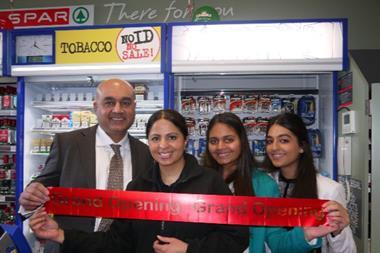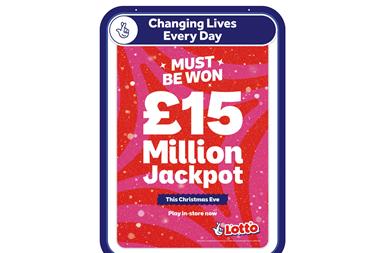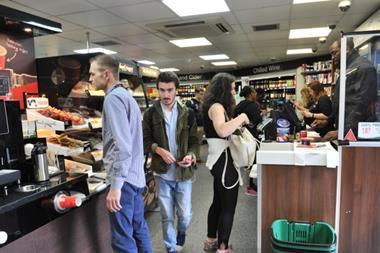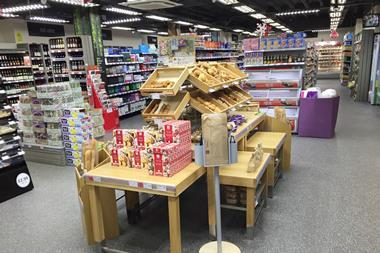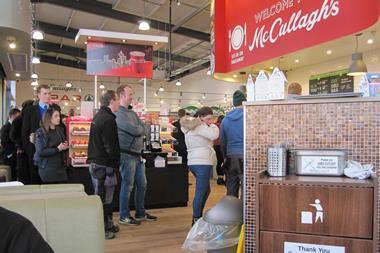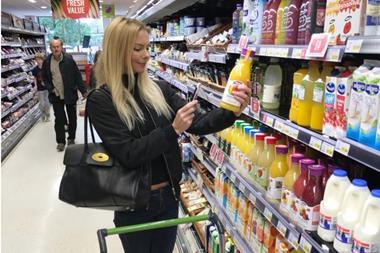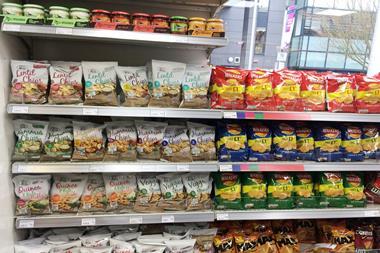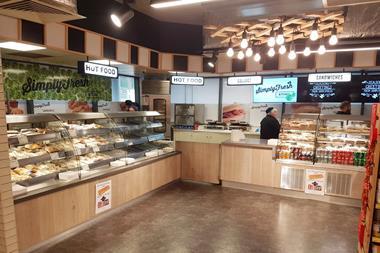The Riots: One year on

This time last year, UK cities were a warzone with many independent retailers suffering massive damage, loss of business and financial ruin. Aidan Fortune looks at how retailers have tried to move on
ALREADY HAVE A REGISTERED USER ACCOUNT? PLEASE LOG IN HERE
To read the full story join the ConvenienceStore.co.uk community today!
Registration is quick and easy and provides access to:
- Unlimited ConvenienceStore.co.uk articles
- Our great range of newsletters
- Content you’ve saved for later via the ‘my library’ feature
And much more…




















